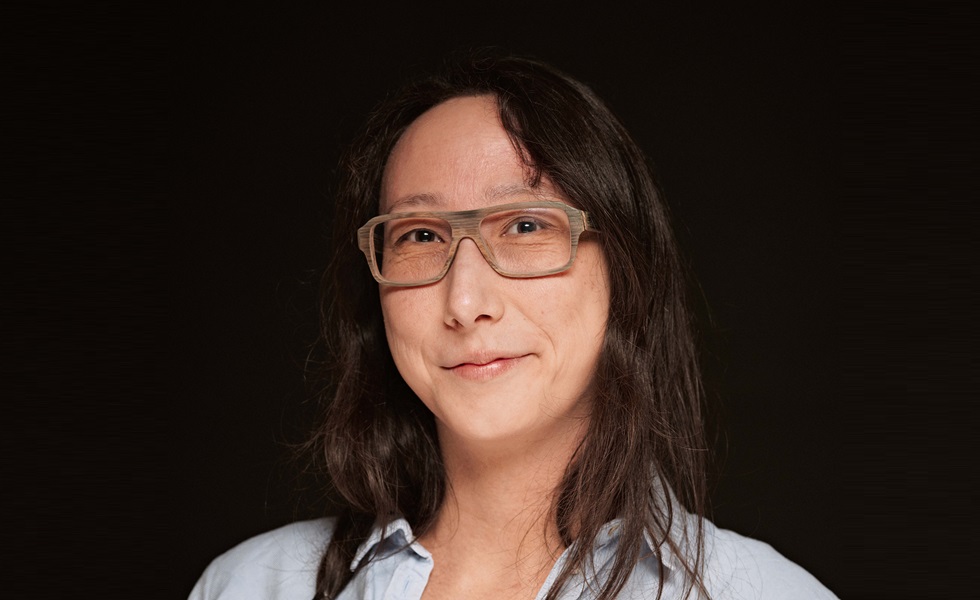VBDO: From policy to evidence
VBDO: From policy to evidence

This interview was originally written in Dutch. This is an English translation.
Since 2006, the VBDO has been assessing the extent to which Dutch pension funds invest in a socially responsible manner. The 'VBDO Benchmark for Responsible Investment by Pension Funds' has become a household name in the pension world. Nevertheless, the researchers felt it was time to adjust the assessment method. Financial Investigator spoke to Project Manager Sara Heinsbroek about this.
By Esther Waal
Why do you publish a benchmark for pension funds?
'The Dutch pension sector is relatively sustainable compared to the rest of the world. However, there is still a lot to be gained, for example in terms of active shareholding and cooperation with NGOs. By comparing the funds with each other, we push them to improve themselves and do a little better than their peers in order to move up the list.'
Does the benchmark have a visible effect on the sector?
'Without a doubt. We regularly receive feedback from the sector confirming this. Not only do we see annual improvements in performance, but we also see organisations using the benchmark study as a guide to identify strengths and areas for improvement. The questionnaire also forces directors, sustainability and investment experts to engage with each other in a different way. The survey is therefore an important tool that the sector can use to continue to develop.'
Why did you revise the benchmark?
'Precisely because the sector is continuing to develop, periodic updates are necessary to ensure that sustainable investment is sufficiently stimulated and that the survey remains challenging. Major steps have been taken in the last decade, and with that, the demand to further encourage pension funds and insurers has also grown.
We also observed that investments are becoming increasingly sustainable, but that the world around us is only becoming sustainable at a slow pace. The focus has therefore shifted from investing as sustainably as possible to achieving sustainability. Furthermore, there is more emphasis on the “know your portfolio” principle: know what you are doing, why and how.
Dialogues with companies and governments can be more ambitious, both in terms of content and in terms of the pressure exerted when progress is insufficient.
The revision took place in consultation with the sector. For example, more room has been made for the focus themes of the various parties with regard to sustainability. This had been on our wish list for some time, as well as on that of pension funds and insurers.'
How did the funds respond to this change?
'There is always some resistance to major changes, and this process was no exception. It also requires pension funds and insurers to be adaptable.
Not everyone always agreed with the proposed changes. Sustainable investment is simply less homogeneous now than it was ten or even five years ago. Sometimes an individual approach is less compatible with our focus areas. We understand very well that this can cause frustration, especially if it affects the final score. We therefore appreciate the trust placed in us to implement the review all the more.
Fortunately, the responses from the participating parties have been generally positive. The sector was consulted intensively and there was, of course, a real need for innovation from the participating parties themselves.'
Where is the biggest gap between sustainable policy and positive impact in the field of sustainability at the moment?
'Investment policy often already establishes a link between the portfolio and what one wants to achieve in the world. Of course, more concrete policies could be developed on impact and how to achieve it in practice, but it is not as if nothing is happening. However, actual impact measurements remain difficult. This does not mean that you have no impact; it just means that you cannot yet fully understand what that impact is. Shifting money flows to investments that have a demonstrable, positive impact can also be difficult at times.'
The focus has shifted from investing as sustainably as possible to achieving sustainability.
What important developments does the sector still need to go through?
'There is still a lot to be gained from impact measurements and redirecting cash flows. In addition, dialogues with companies and governments could be more ambitious, both in terms of content and in terms of the pressure exerted when progress is insufficient. I would like to mention that both the pension sector and the financial sector as a whole have already undergone enormous development. We are much further along and more ambitious than we were fifteen years ago, for example. I cannot imagine that there is still a board anywhere that refuses to put sustainability on the agenda. Fortunately, despite all the current political headwinds, that period is behind us.'
What role do you see for the association in further accelerating sustainable impact in the financial sector?
'In the coming years, we will continue to drive and stimulate the pension and financial sector in a broad sense towards greater sustainable impact. We do this by tightening benchmarks, organising joint engagement processes and sharing knowledge through thematic studies and seminars. In doing so, we see a role for ourselves as an independent party that both connects members and supports them in their further sustainable development. We are committed to our role as an independent motivator and catalyst. Our goal is to challenge the sector not only to comply with regulations, but to take steps towards real and measurable sustainable change.'
|
SUMMARY The VBDO Responsible Investment Benchmark Study can help identify your own strengths and areas for development. Sustainable investing has undergone enormous development, which also means that approaches can vary greatly. Shifting money flows to make a real impact, and measuring that impact, is complex. |










